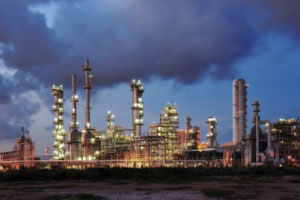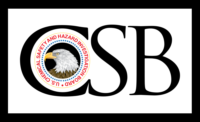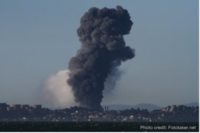 The American Petroleum Institute (API) has issued an updated pressure relieving design and installation standard intended to enhance refinery safety as part of its core commitments to improving workplace safety and protecting the environment.
The American Petroleum Institute (API) has issued an updated pressure relieving design and installation standard intended to enhance refinery safety as part of its core commitments to improving workplace safety and protecting the environment.
The Sixth edition of API Standard 520, Sizing, Selection, and Installation of Pressure-relieving Devices in Refineries, Part II on Installation, was published last month. It covers methods of installation for pressure-relief devices for equipment used to provide the required protection against excessive pressure accumulation.
Engineering guidance offered
API Director of Standards David Miller says the standard “will enhance refining safety by helping companies design and install state of the art pressure relieving devises at oil and petrochemical refineries. The standard offers engineering guidance for the design and installation of these critical safety devices which protect workers and the environment in the event of overpressure in process units and systems.”
Two complimentary pressure relieving standards were also extensively revised and published in 2014:
The Ninth Edition of API Standard 520, Sizing, Selection and Installation of Pressure-relieving Devices, Part I - Sizing and Selection, published July 2014. This standard applies to the sizing and selection of pressure-relief devices used in refineries, chemical facilities, and related industries and includes basic definitions and information about the operational characteristics and applications of various pressure-relief devices.
The Sixth Edition of API Standard 521, Pressure-relieving and Depressuring Systems, published January 2014. This standard is applicable to pressure-relieving and vapor depressuring systems. Although intended for use primarily in oil refineries, it is also applicable to petrochemical facilities, gas plants, liquefied natural gas (LNG) facilities, and oil and gas production facilities.
About API standards
The API standards program has grown from the first published standard in 1925 to more than 600 standards and technical reports today, with more than 185 safe operating standards, recommended practices and technical reports for the refining and petrochemical industry. The program is accredited by the American National Standards Institute (ANSI), the authority on U.S. standards. Every API standard is developed in an open process with a public comment period by joint committees of representatives from government, the engineering field, and the oil and natural gas industry. More than 130 API standards have been incorporated in government regulations, and API undergoes regular third-party audits to ensure the program meets ANSI’s Essential Requirements for openness, balance, consensus and due process.
Government-referenced and safety-related standards are freely available to review online at http://publications.api.org/.
API is a national trade association representing all facets of the oil and natural gas industry.



